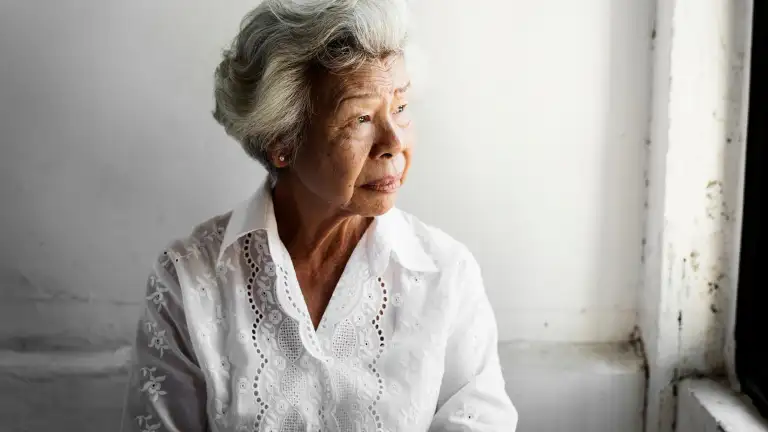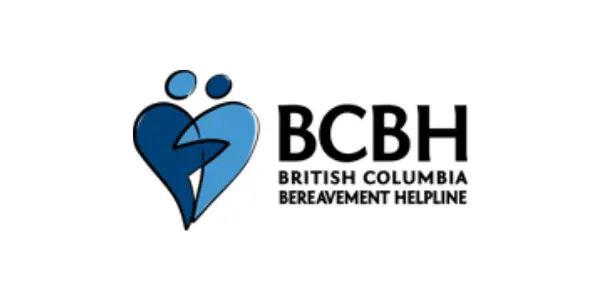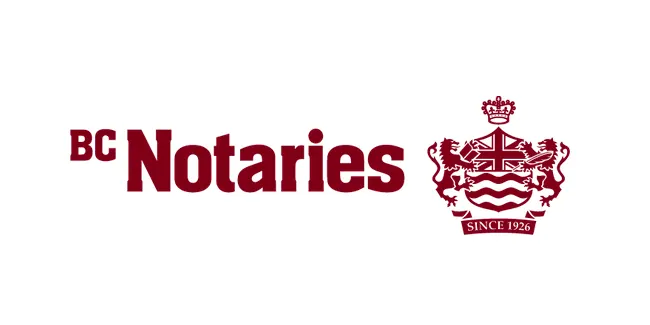
If I had a joint bank account with someone, can I withdraw money from it after they die?
When a loved one dies, there are several things to take care of in addition to making funeral arrangements. They include safeguarding the property the deceased left behind, notifying organizations of the death, and inquiring about survivor benefits.
What you should know
If the deceased left a will, the executor named in it is responsible for settling the estate. Settling the estate involves locating the deceased’s property, paying any debts and taxes, and then distributing the estate according to the instructions in the will.
If there’s no will, someone may need to apply to court to be administrator of the estate. The court authorizes the administrator to settle the estate. The administrator must distribute the property as the law directs.
"A dear friend of mine got sick and asked if I could help out with simple tasks like groceries and paying bills. She chose to add me to her everyday bank account as a joint holder. This made handling the money easier. But she was also really grateful for my help. She wanted me to have the money in this bank account when she passed away. She made her intention clear to the bank. When she died, the money in the joint bank account passed to me.”
– Sara, Powell River, BC

Not all things owned by the deceased form part of their estate. Certain types of assets "pass outside the will."
Two or more people can own property jointly, such as a home or a joint bank account. Generally speaking, when one of the owners dies, their property becomes the exclusive property of the other joint owner.
If you had a joint bank account with the deceased, you can withdraw the whole amount from the account at any time. If you face any difficulties, speak to the bank manager. The bank should let you transfer the account to your name alone if you show them the death certificate.
If the deceased had a bank account in their name alone
If the deceased had a bank account in their name alone, notify the bank. Banks may release a small amount of money to a surviving spouse before the estate is settled, but they aren’t required to. They’ll typically pay funeral expenses directly if presented with the bill.
There are certain assets where the holder can choose (or designate) a beneficiary to receive proceeds when they pass away. Common examples are life insurance policies or retirement benefit plans. If you’re a designated beneficiary, contact the policy or plan holder to learn what documents they want to see to pay out what’s owed to you. The policy or plan holder should directly transfer the proceeds to you. This money passes outside of the will.
If the deceased contributed to a government or private pension, their spouse and dependents may be entitled to a survivor’s pension or a death benefit. For example:
Canada Pension Plan (CPP) survivor’s pension. If the deceased contributed to the CPP, a survivor’s pension is paid to their surviving spouse or common-law partner. The survivor is responsible for applying for their monthly pension.
CPP children’s benefits. If the deceased made sufficient contributions to the CPP, a children’s benefit may be paid. Surviving children under 18 or between ages 18 and 25 who are full-time students may receive this benefit. The child, or their parent or guardian, are responsible for applying for this monthly benefit.
CPP death benefit. The CPP death benefit is a one-time, lump-sum payment paid to the estate or a survivor of a deceased CPP contributor. If an executor is involved, they should apply for the death benefit on behalf of the estate within 60 days of the date of death.
Employment pension. If the deceased was employed, a survivor’s pension or death benefit may be available.
Cheques issued the month of the death
With public and private pensions, the estate or the survivor is entitled to keep any cheques issued the month the deceased passed away.
If the death was the result of a work incident, a car accident, or a crime, benefits may be available to assist the survivors:
Workers’ compensation benefits. If the deceased was killed on the job, benefits may be available as workers’ compensation through WorkSafeBC.
ICBC benefits. If the deceased died in a car accident, benefits are available from ICBC. Regardless of who was responsible for the accident, certain funeral expenses and survivor benefits are payable.
Victims of crime assistance. If the deceased was a crime victim, assistance may be available to survivors from the Crime Victim Assistance Program. Call 1-866-660-3888 or contact cvap@gov.bc.ca.
Steps to take
Locate the will, if the deceased left one. The will tells you who’s named as executor.
The will may be in the deceased’s home, in a safety deposit box, or at the office of the lawyer or notary public who drafted the will.
If you still can’t find the will, you can search the wills registry maintained by the Vital Statistics Agency. Submit a completed application form and fee, together with a copy of the death certificate. If the deceased filed a notice of their will with the registry, the search will indicate the location of the original will.
The executor or administrator is responsible for protecting the deceased’s assets. This helps ensure that the assets aren’t destroyed or devalued before they can be distributed to loved ones. If there’s no executor, those close to the deceased can help protect the assets.
Safeguard the deceased’s property until the estate is ready to be distributed. For example:
If no one is living in the deceased’s home, make sure it’s secured. Turn appliances off. Make sure any pets are looked after. If the home is to remain vacant, tell the police.
Make sure any vehicle owned by the deceased is locked in a safe place.
Safeguard any wallet, purse, or briefcase owned by the deceased.
Secure the deceased’s key pieces of identification, such as their social insurance card, medical card, driver’s licence, and passport.
Search for credit cards, cash, jewelry, securities, and other valuables. Arrange for their safekeeping.
Contact organizations and government departments to notify them of the death or cancel services. For example:
notify financial institutions where the deceased held accounts
notify the Canada Revenue Agency
cancel any credit cards
cancel any subscriptions or club memberships
cancel any Old Age Security or Canada Pension Plan benefits received by the deceased
cancel the deceased’s passport and driver’s licence
If an executor is involved, they should send a change of address to Canada Post. They should choose a safe location that the mail intended for the deceased should go to.
Take steps to apply for any survivor’s pensions or benefits that may be available. If an executor is involved, they should apply for the CPP death benefit on behalf of the estate. See above under what you should know for details.
Grieving is an important process that requires more time than people often acknowledge or allow. Support during times of bereavement can help bring healing, renewal, and hope for the future.
Family and friends can be a great source of comfort. Expressing your feelings with them can help you in the grieving process.
The BC Bereavement Helpline is a free and confidential service that helps people in BC cope with grief.
If you have lost your partner, you may need financial advice or help re-organizing your banking arrangements. Talk to your bank or credit union.
In time, you may wish to review your own will (if the death of your loved one means your will is out of date). You may also want to review any other personal planning arrangements such as any power of attorney, representation agreement, or advance directive.
Who can help

BC Bereavement Helpline
A non-profit society that helps people in BC cope with grief.

Access Pro Bono's Free Legal Advice
Volunteer lawyers provide 30 minutes of free legal advice to people with low or modest income.

Access Pro Bono’s Everyone Legal Clinic
Clinicians provide affordable fixed-fee services on a range of everyday legal problems.

Lawyer Referral Service
Helps you connect with a lawyer for a complimentary 15-minute consult to see if you want to hire them.

BC Legal Directory
Search for a lawyer by community or legal issue. From the Canadian Bar Association, BC Branch.


